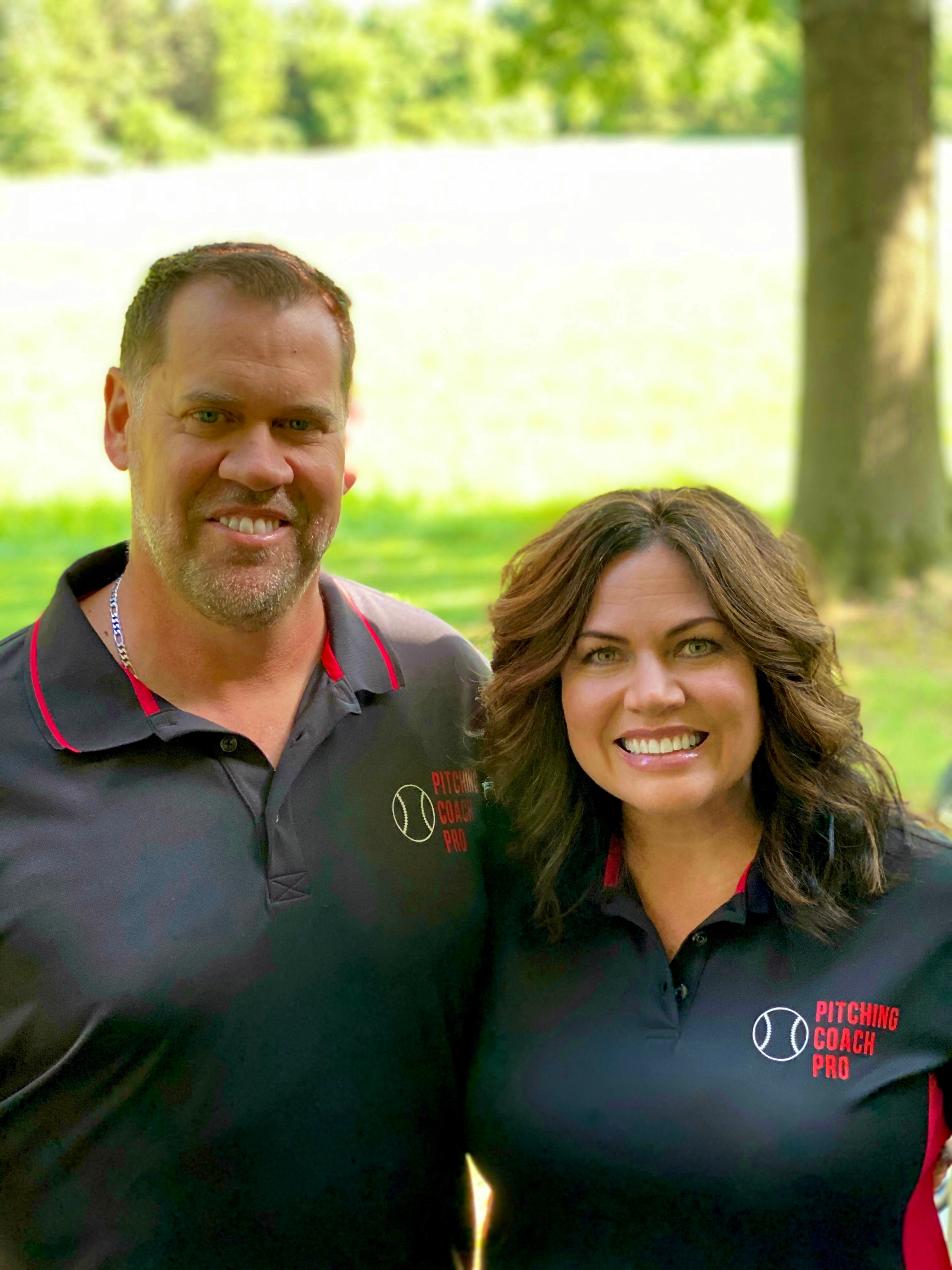Pitchers Tips: Holding Runners, Pickoffs, and Fielding Your Position
- Pitching Coach Pro

- Jul 14, 2020
- 2 min read

In last week's blog, I discussed the importance of confidence and what it takes to develop this in your game. Preparation is a huge element in developing confidence. Pitchers have to remember that fielding is part of their position description. Pitcher fielding practice, or “PFP,” can never be overlooked when preparing for the upcoming season, as well as in weekly training sessions. Even though the main objective in pitching is to make batters miss, defending hits still remains an important part of the position no matter how good you are.
Holding Runners
Holding runners is important as it allows your defense to maintain their position on the field in order to make plays. It also keeps runners out of scoring position. Things to keep in mind and focus on are:
Make sure you are not giving up 90 feet freely to a baserunner and aren’t giving up extra bases to runners.
Be able to vary times to home plate, allowing your catcher time to throw runners out attempting to steal bases.
Learn how to keep runners at 1st base by keeping the double play in order, which means keeping it available.
Vary your time on your holds between pitches: 1-second hold, 3-second hold, 5-second hold.
Vary your pickoff moves, have your good move, and then have your best move.
Pickoffs
As you well know, the key to a successful pickoff is to make a quick and accurate throw to your fielder manning that base and getting the base runner out. Preparation in knowing which guys are base stealers will help the outcome.
Pitching Coach PRO teaches 3 key points to mastering pickoffs:
Quick feet
Quiet glove
Short arm (a good chest-high throw to the fielder)
My following video clip will show an example of these key points.
This drill is for right-handed pitchers. If you're left-handed, have a good move that looks similar to you making a pitch to the hitter at home plate.
Fielding your Position
An important thing to remember when fielding your position as a pitcher is to communicate. You will need to focus on listening to your other fielders, especially the catcher and third basemen when fielding bunts. Let them make the play if they call you off. Listen to your catcher for direction on which base to throw to. Here is a list of other key takeaways to fielding as a pitcher:
Being effective in fielding a ground ball after a good finish in your delivery
Know the situation before you pitch the ball, know the outs, where runners are
Being able to field a bunt and make a good throw to the bases
Knowing which hitters can bunt
Turning a double play
Be athletic and ready to field your position after each pitch
Backing up bases
Don't hesitate when covering 1st base
Summary
Holding runners, pickoffs, and fielding your position can make a big difference in the outcome of the game. Consistently having a good four-seam grip on the ball when making any throws or pickoffs is very important to avoid overthrowing the bases. Practicing drills can be a great way to enhance your playing profile as a pitcher. Mastering your fielding can help keep your opponents off the base paths and off the scoreboard, keeping you in the game longer.




Comments